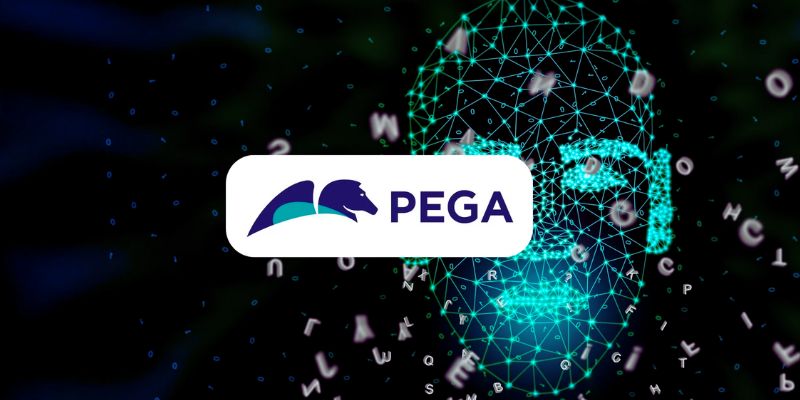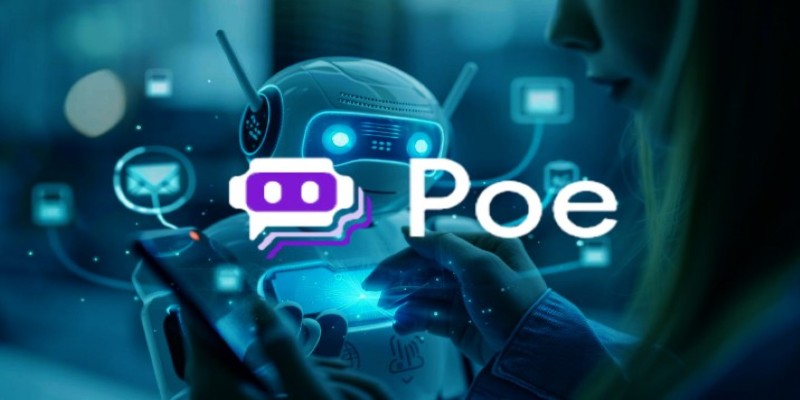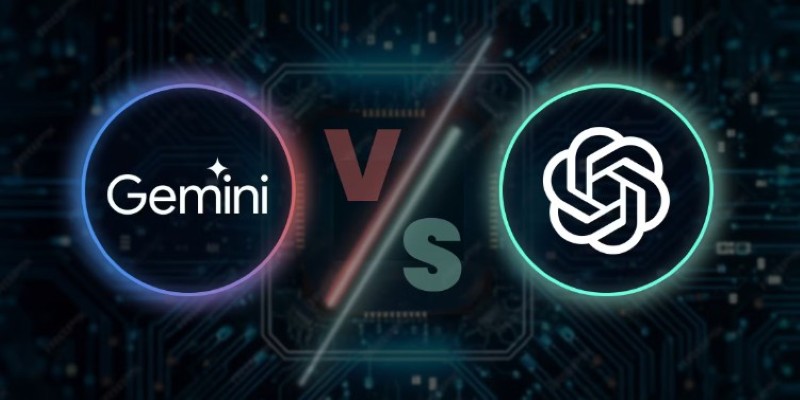As AI tools become a regular part of a developer’s workflow, many are trying to figure out which assistant delivers better results. Gemini and ChatGPT both claim to support coding tasks, offer guidance, and fix errors—but which one is more dependable when you actually need to get things done? That’s what we’ll focus on here. No marketing buzz, just how each one handles real coding needs.
Gemini vs ChatGPT: Which is Better for Coding?
Ease of Use
Gemini keeps things simple. Its interface is clean, focused, and loads fast. You type, you get an answer, and you're done. That’s helpful if you want a quick response and don't care much about conversation flow. It leans more toward a search-and-reply rhythm.
ChatGPT is more like a conversation partner. It remembers what you said earlier in the chat, handles longer interactions with ease, and makes room for you to clarify or change your question without needing to start over if you're used to talking through problems or prefer a more natural flow when troubleshooting; this setup works well.
Support for Multiple Languages and Frameworks
Not every project is built in Python or JavaScript. Developers often jump between languages and frameworks, from older tech like PHP to newer options like Svelte or Next.js. ChatGPT handles variety better. Whether you're working in Dart, Scala, or something less common, it usually recognizes the syntax, offers meaningful suggestions, and doesn’t confuse one framework with another. It can generate functions, configure files, and even write basic tests for a wide mix of setups.

Gemini covers the popular choices—JavaScript, Python, Java, and C#—but you may hit limits when asking about newer frameworks or unusual combinations. Its answers tend to get more generic when the stack isn’t mainstream.
Writing Code from Scratch
Sometimes, you just want a function written from scratch. Maybe you're building an API endpoint or creating a class to manage file uploads. Both Gemini and ChatGPT can generate code that works. The difference between simple tasks is small. But once you add layers—authentication, data validation, error handling—ChatGPT tends to offer more complete solutions. Its answers usually include the imports, structure, and explanation without you needing to ask for extra pieces.
Gemini's output is often shorter. It might give you the core logic but leave out surrounding context, like necessary libraries or setups. That's fine if you already know how to fill in the blanks, but it's less helpful if you want something more plug-and-play.
Solving Complex Coding Problems
Basic coding is one thing. Handling recursion, concurrency, or managing large-scale data processing is another. ChatGPT is more reliable here. When the task gets tricky—like parsing nested JSON from a flaky API or optimizing an algorithm to run faster—it tends to offer more thoughtful, layered solutions. It often suggests alternate ways to tackle the same problem, which gives you more control over how you want to proceed.
Gemini performs best when the logic is linear and clear. Multi-step challenges may produce results that look okay but miss subtle details that affect performance or correctness. It's quick but not always deep.
Code Comments and Readability
Well-written code is only part of the job. Suppose you're working with teams or want to revisit your work later; clean formatting and clear comments matter. ChatGPT regularly includes comments in its code by default. These aren't just labels—they usually explain the logic behind what's happening, which is helpful for understanding or reviewing the code later. It also formats things cleanly, spacing and indenting the way most developers expect.
Gemini does add comments sometimes, but not consistently. You may need to ask for it, and even then, the level of detail varies. For solo work or short snippets, that may be enough. For larger tasks or collaborative projects, the difference in clarity becomes noticeable.
Handling Incomplete or Vague Prompts
Not every coding question is well-phrased. Sometimes, you'll be halfway through a bug fix and throw a messy request into the chat.

ChatGPT handles messy prompts better. It looks for patterns in what you’re trying to say, often filling in the gaps without asking you to rephrase. If you’re halfway through explaining something, it can still figure out what you mean and respond in a helpful way. Gemini needs cleaner input. If the request is vague or skips over details, its replies might miss the point or stay too general. You’ll get better answers from Gemini when you're specific and structured in your question.
Error Messages and Fix Suggestions
When something breaks, you want more than just a fix. You want to understand what caused the problem and how to prevent it next time.
Gemini focuses on giving a quick solution. If you paste an error, it will try to fix it but may not go into much detail about the cause. That makes it a good option if you're under time pressure and just need the issue resolved. ChatGPT spends more time breaking down what went wrong. It often explains the logic behind the error, how the proposed fix addresses it, and what to look out for in the future. This helps build your understanding over time rather than just patching issues.
Final Thoughts
Gemini is sharp, fast, and efficient when your questions are focused, and your tasks are straightforward. It shines in quick tasks or when you already know your way around the code. ChatGPT is more suited for deeper work—whether you’re troubleshooting a messy bug, writing tests, exploring new frameworks, or trying to understand why something works the way it does. It takes more time but gives more in return. The better option depends on how you code and what kind of support you expect.











